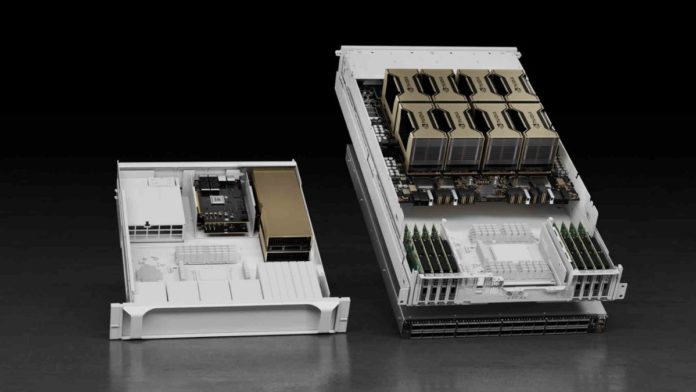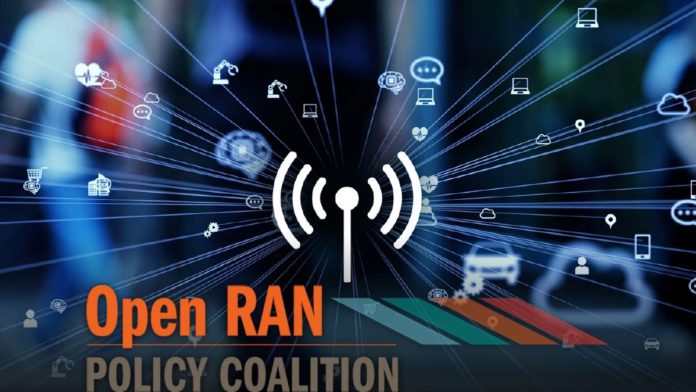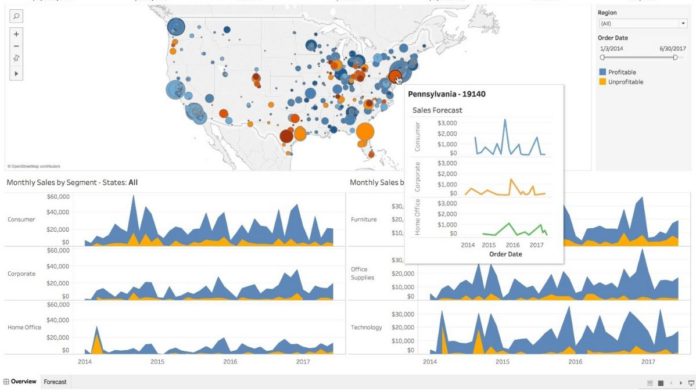Axis Bank ties up with AWS to transfer 70% of its data into cloud computing in the upcoming 24 months. This was done to accelerate their data transformation program to reduce cost, improve agility, and customer service.
As part of the agreement, AWS will provide the bank with containers for data storage and databases to compute and build new digital financial services to bring advanced banking experiences to customers. With this, Axis bank customers will be able to open accounts in under 6 minutes with instant digital payments, helping the bank increase customer satisfaction by 35 percent.
“Cloud is transforming the financial industry,” said Puneet Chandok, President, Commercial Business, AWS India and South Asia, AISPL. He also added that AWS is delighted to help Axis Bank build and grow a suite in the digital banking space that will be evolving with technology changes, introduce new payment modes, support consumer and business needs in India.
Read more:Deutsche Bank Releases Paper On The Usage Of AI In Security Services
With Amazon Elastic Kubernetes Service (EKS), customers will be able to start, run, and scale Kubernetes applications on AWS or on-premises. This was designed using microservices that support any application architecture, irrespective of scale, load, or complexity. Using Amazon’s document database service DocumentDB, the bank will be running its financial transactions securely across its digital bank accounts. To scale workload and support 10 million real-time payments through UPI, Axis bank will use Amazon Elastic Compute Cloud (Amazon EC2), a web service that provides secure, resizable compute capacity in the cloud. This will ensure reliability and consistency in performance.
Axis Bank believes that having a cloud-native, design-centric engineering capability is critical to emerging in digital financing. The bank has put over 800 people into its digital projects, with an in-house engineering and design team of 130 people. Last year, Axis Bank decided to deploy all new customer-facing applications on AWS. Today, 15 percent of the bank’s applications are operated on the cloud, in the next 3 years, the bank aims to have 70% of its operations on the cloud.











